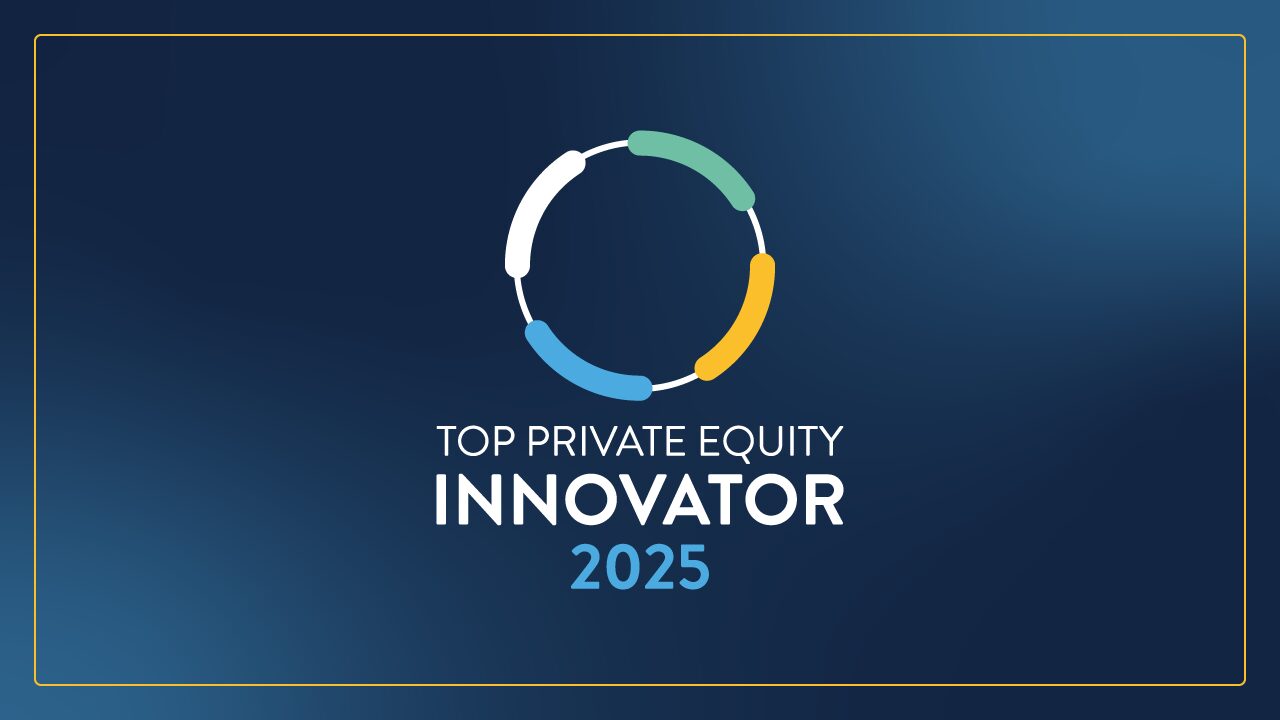At a time when companies are in desperate need of capital (and every other form of support they can get), the private equity industry has assumed a larger role in the U.S. economy. That’s why now is a good time to take a closer look at private equity – how it functions, the ways in which it’s misunderstood, and how it can help companies get through one of the most difficult economic downturns in decades. Drew Maloney is the President and CEO of the American Investment Council (AIC), and we’re delighted that he was willing to speak with us about how his industry works, how PE firms are responding to COVID-19, and what other companies can learn from private equity.
Sean Mooney: What role does PE play in the U.S. economy?
Drew Maloney: Private equity plays a significant role in the economy – the industry invests in more than 30,000 companies in every state and district, directly employs 8 million workers, and provides capital, expertise, and supply chains to help companies grow and restructure. PE investments also provide significant returns to retirees throughout the country, making retirements more secure.
During economic distress like this one, flexible and patient capital is more important than ever for businesses to stay open and continue to employ their workers.
SM: What are the biggest misconceptions about the industry?
DM: At AIC, our primary mission is to educate policymakers about success stories. In the news cycle, conflict sells. But the majority of PE deals are successful. The fact is that private equity investors are deeply committed to the success of their portfolio companies. In addition to the reputational risk of failed investments, they’re required to have “skin of the game” and invest in the funds that they manage.
PE firms invest in businesses of all sizes, but particularly in the middle market. Many of these businesses don’t get the attention of the big splashy public companies, so the public doesn’t necessarily hear about the value that private equity is able to create in their portfolio companies. It’s incumbent on the industry to explain how we’re helping companies get through COVID-19 and making the economy stronger. We have to define ourselves or others will define us.
SM: How did the private equity industry perform during the Great Recession?
DM: PE-backed companies are better positioned to ride out a downturn – during the last recession, for example, they generated returns well above 10 percent per year. For one thing, they’re much more nimble, agile, and can move faster. For another, they have operational expertise, access to capital, and extensive networks, which eases the burden on managers and allows them to take the time to create lasting value. This is what I describe as long-term, patient capital.
SM: How is the PE industry responding to COVID-19?
DM: PE managers are working to save and strengthen the businesses in their portfolio. As liquidity dried up earlier this year, private equity managers made PIPE deals with public companies, invested in debt instruments in dislocated markets, and made equity investments in businesses that needed capital to ride out the pandemic. They also contributed to their communities, donating hospital beds, spearheading back to school initiatives, and providing resources to teachers and parents.
For example, we recently launched a new Back to School initiative because we know so many families are trying to navigate this unprecedented school year. If you visit our website, you can learn how private equity-backed companies are helping make school safer and more accessible for students, teachers, and parents.
SM: What can non-PE backed companies learn from the PE industry, particularly during COVID-19?
DM: First of all, they need to have the flexibility to react to a rapidly changing marketplace. They should always think ten years out and try to make decisions over the long term. It’s also important to avoid panicking – tap into your networks, develop a plan, and be prepared for an environment of uncertainty for the foreseeable future.


